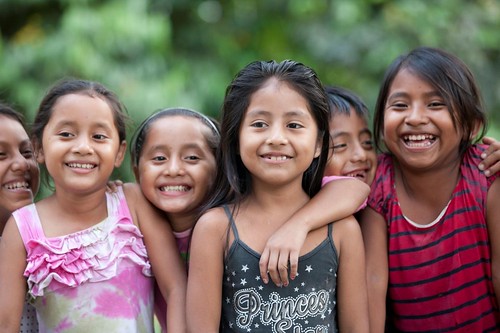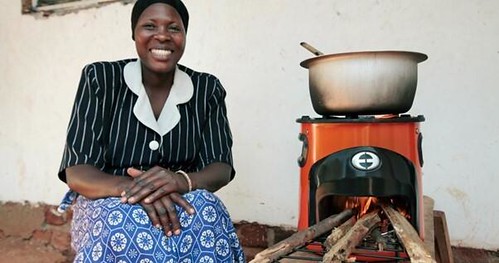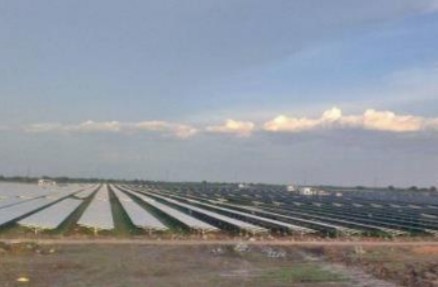
Carbon Offset Projects
Find out more about our carbon offsetting projects below.
Safe Water Zambia
Although progress has been made over the last decade, less than 50% of the rural Zambian population have access to safe water, with the majority having to rely on unsafe water sources such as hand dug wells or streams. The consumption and use of unsafe water have significant health impacts, with water borne and diarrheal diseases being the third highest cause of death and disability in the country.


Safe Water Uganda
The most basic requirement to sustain life is clean water. For many rural communities across Sub-Saharan Africa the struggle to find clean safe drinking water can take a major part of a family’s resource.
The Borehole project is a micro project in Uganda, providing a source of clean drinking water to a local community.
Wind Power India
The project involves the installation and operation of a Wind Farm. The total installed capacity of the project is 105 MW and is located at Andhra Pradesh state in India. The project is a new facility and the electricity generated by the project will be exported to the Indian electricity grid. The project will therefore displace an equivalent amount of electricity which would have otherwise been generated by fossil fuel dominant electricity grid.


REDD Guatemala
This project reduces CO2 emissions by preventing deforestation caused by the conversion of forests into cropland and pasture. The project area is located in Department of Izabal in the Caribbean coast region of Guatemala. Belonging to the biologically diverse Mesoamerican Biological Corridor, forests in the project area are important nationally and globally for the ecosystem services they provide.
Cook Stoves Uganda
UpEnergy’s stoves replace primarily the traditional three-stone fires. Since it was founded, UpEnergy has served over 125,000 Ugandans. The environmental impact is considerable, with 30,000 tonnes of CO2 emissions avoided and over 120,000 trees saved thus far. The households we serve save several hours per day through reduced time needed for cooking and fuel collection, and those who purchase fuel save $72 per year.


Solar Power India
The project involves installation and operation of 56.25 MW (16.25 MW and 40 MW) solar power project in the village of Hoti in Medak, in the state of Telangana and the Sengottai in Virudhunagar in Tamil Nadu. The purpose of the project activity is to generate power using renewable energy.


